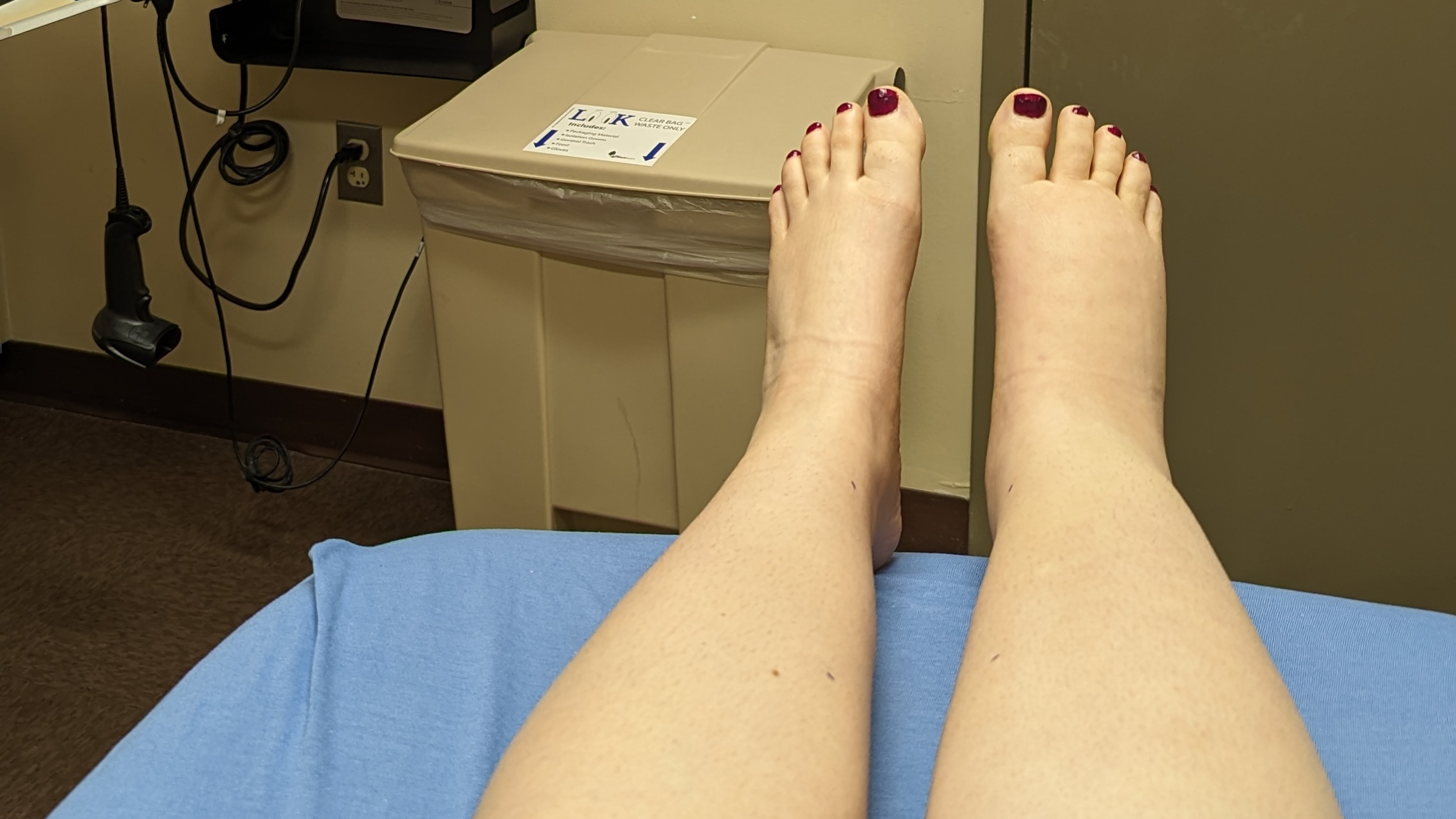Depending on where you live, drinking can be a big part of your cultural and social experience: it’s something we do when we’re celebrating a happy occasion, or coping with a tough time; it helps loosen us up when we’re socializing, or takes the edge off as we unwind after a long day.
For many, alcohol is simply a part of life. But what about when a chronic health condition is a part of life, too?
Living with lymphedema, we’re used to making adjustments to “regular” life in order to accommodate our health. We take everything into consideration, from the food we eat to the temperature of our bath water; it makes sense, then, that we take a look at the effects of alcohol consumption on our lymphedema.
Booze and you
From your very first sip, alcohol begins to take its effect on your body. It enters your bloodstream almost immediately through your stomach lining, and then continues to absorb more slowly through your stomach and intestines.
After a few drinks, you may start feeling warm and tingly. Part of that is due to the emotional warm fuzzies that result from the increased release of serotonin and endorphins in your brain, which intensify your mood and emotions. The physical sensation of being warm and tingly, however, is caused by your blood vessels expanding and dilating in a process called vasodilation. This increases the flow rate of lymph and the amount of fluid accumulating in your body’s tissues.
Alcohol has a diuretic effect, stimulating the kidneys to excrete more fluid. Coupled with vasodilation, this causes some trouble for us lymphies, as we’ve already got tissues saturated with excess lymph. Our compromised lymphatic system can’t keep up with removing the extra fluid, and this can result in increased swelling or feelings of heaviness in the affected parts of our body after a night of drinking.
Drinking too much alcohol can also weaken the immune system, making your body an easier target for infection or disease. According to the National Institute on Alcohol Abuse and Alcoholism, even just one night of drinking to the point of intoxication can slow your body’s ability to produce cytokines, which are chemical messengers produced by white blood cells to ward off infections. This can reduce your ability to fight off infections for up to 24 hours after getting drunk — something to consider for us lymphies, as we’re generally at a higher risk of infection than those with functional lymphatic systems.
The rate at which we process alcohol and feel its effects are dependent on a number of factors, such as gender, physiology, and plain ol’ genetics. Everyone’s a little different: some people with a high blood alcohol content may appear to be much more sober than they are, though their bodies are processing booze in the same way as those who are visibly intoxicated. With that in mind, it’s good to be aware of how alcohol affects you, especially as a person with lymphedema.
What you can do
Obviously the most surefire way to avoid alcohol’s negative effects is to abstain from it completely, or practice moderation. It’s a totally personal decision, but should you choose to drink, there are some things to keep in mind that will lessen your “lymphedema hangover” the next day:
- Drink more water. Remember: alcohol is a diuretic, so when you’re drinking, you’re losing more liquid than you consume. Try to pace out your drinking by consuming water in between your alcoholic beverages. Upping your water intake during or after drinking will rehydrate your body, not to mention help you avoid a hangover in the morning!
- Practice self-massage. Perform manual lymphatic drainage to alleviate your swelling and help clear toxins from your body after drinking. Elevating your affected limb is also super helpful in reducing swelling.
- Wear your compression. It goes without saying that you should always strive to be compliant in wearing your compression garments, as they provide additional support for your lymphatic system. Wearing your compression may not prevent increased swelling from happening when you drink, but it may help keep things contained and lessen the overall effect.
- Be mindful of your body. Keep an eye on how your body reacts to alcohol consumption: does your swelling worsen? Does your affected area feel heavier or more dense? Are you experiencing pain or discomfort? Depending on what you observe, you may want to consider adjusting your drinking habits. Your body will thank you!
Drinking alcohol is a personal choice. Whether you enjoy the occasional libation or like to party hearty, though, it’s important to know just how alcohol affects the lymphie body so whatever choice you make can be an informed one.





Leave a Reply to FrankCancel reply